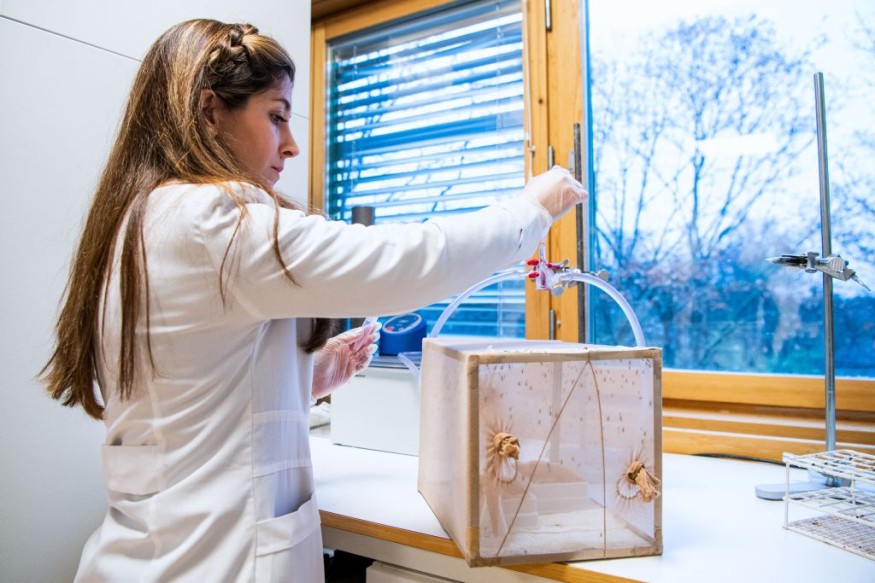Mosquitoes are notorious for their capability to carry various diseases, including viruses from dengue and Zika. The mechanism, symptoms, and treatment for both have been widely known already. However, the basis of the potential next victims of these pathogens were thought to be random in the past.
To address the grey area, a new study by scientists from the University of Connecticut in the United States found that some viruses, including the ones mentioned above, intentionally changes the odor or smell of their hosts. This method aims to attract mosquitoes and further spread the viruses.
Mosquito-Attracting Molecule

The new paper was published in the journal Cell on its latest issue for Thursday, June 30, as summarized by the American Association for the Advancement of Science (AAAS). In this study, the researchers reported that the altered scent or body smell of the host attracts mosquitoes, which are known for biting their victims and drinking their virus-infected blood.
The pathogen-inflicted blood will then be transported its next victim, which is evidently the primary objective of the pathogens from dengue fever and zika virus, which are both mosquito-borne diseases and have spread in multiple countries worldwide.
The study had its theoretical roots from a notion that both dengue and Zika could be manipulating its hosts in a peculiar manner to attract the winged insects. In addition, it also comes with the existing evidence that malaria and general inflammation alters humans' scent.
With this as a foundation, the researchers thought dengue and Zika may have a similar mechanism.
Hypothesis Confirmation
In order to come up with their conclusion, the research team tested first if whether mosquitoes exhibit a preference for infected mice. The given the opportunity to decide, the team observed the insects chose a dengue-infected mice instead of a healthy mouse.
The team analyzed the smell of the skin of both infected and healthy mice; they found there are multiple common molecules among the infected animals. The analysis yield that the odoriferous molecule called acetophenone has mostly attracted mosquitoes.
Dengue Virus
Dengue, sometimes called dengue fever, is a potentially deadly viral infection transmitted to humans via the Aedes aegypti mosquito. The dengue virus (DENV) is what causes the disease, which can affect the same individual multiple times with varying degree of severity.
The World Health Organization (WHO) estimates dengue has caused between 100 million and 400 million people infections each year, with more than 80% cases to be generally mild and asymptomatic. It also added that the dengue global incident has increase dramatically, with around 50% of the world's population currently at risk.
The WHO said severe dengue has already to serious medical ailments and even death in some Asian and Latin American countries.
Zika Virus
The Centers for Disease Control and Prevention (CDC) stated the Zika virus can also be transmitted through sexual intercourse via the male's semen, where the virus can live for several months. In this context, Zika has threatened pregnant women with serious birth defect upon giving birth.
During international travel, various countries and health organizations, including the WHO, encourage passengers to receive vaccination against Zika prior to their outbound travel to their destination country.
Related Article: Spread of Dengue Caused by Climate Change: Singapore Warns the World
© 2026 NatureWorldNews.com All rights reserved. Do not reproduce without permission.





